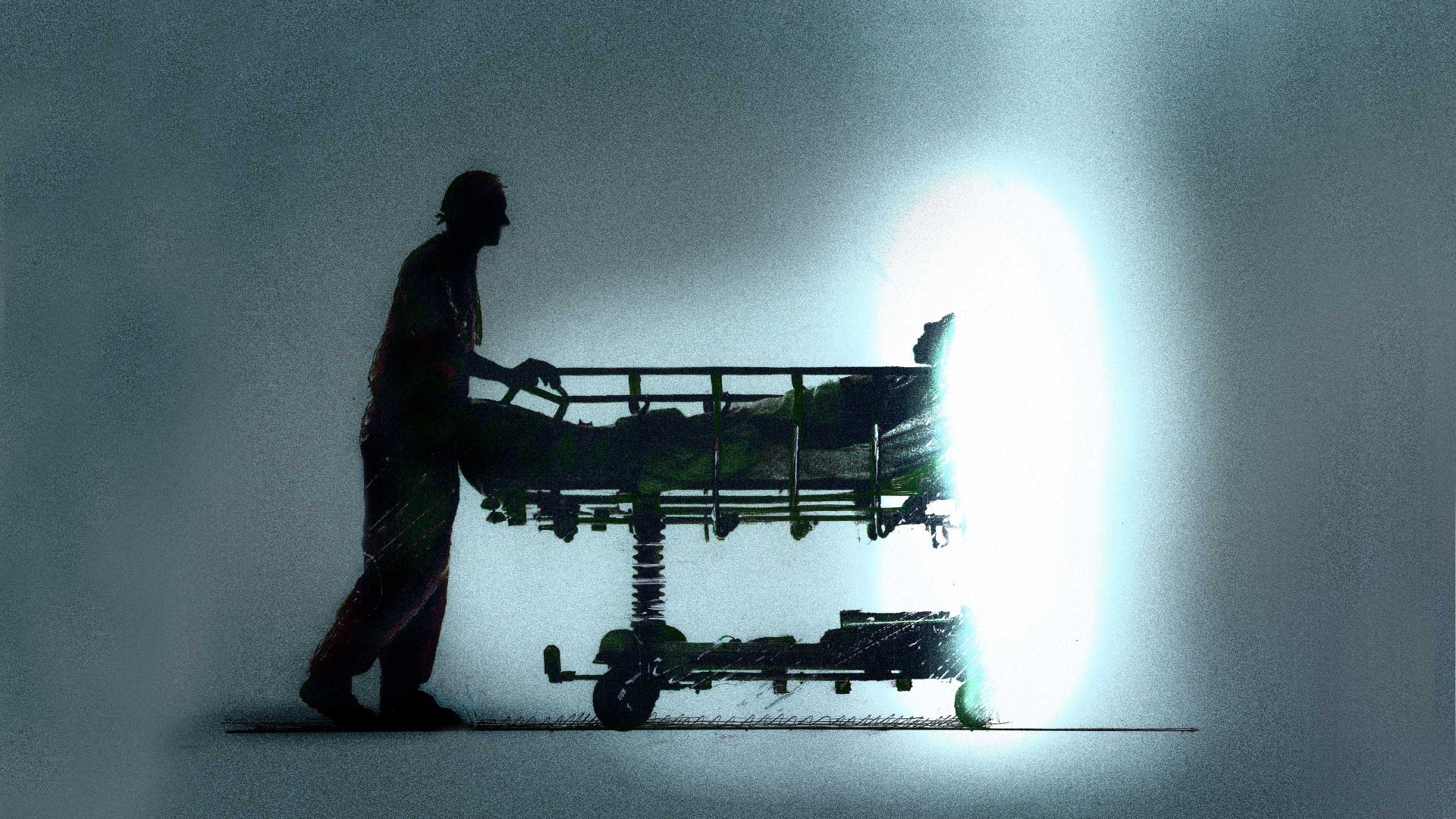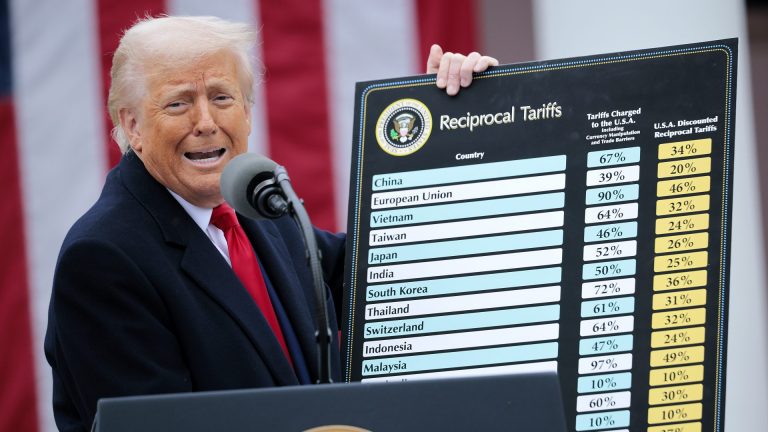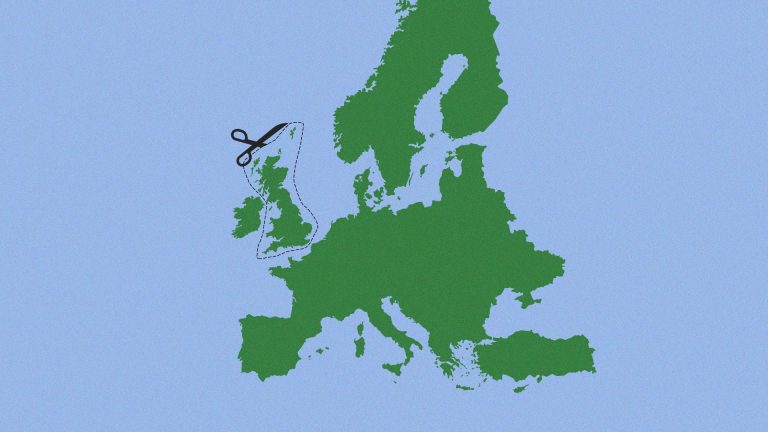Are there limits to the amount of control people wield over their own lives? Should there be limits to agency? I’m not asking these questions rhetorically; they may sound nebulous, but the consequences of their answers could be far-reaching.
For years now, some MPs and campaigners have tried to put assisted dying at the top of the political agenda. Until recently, they’d always failed. The issue is a thorny and emotional one, and the consensus seemed to be that no consensus could be found.
As a result, it was swept under the carpet, again and again – until now. At the end of last week, newspapers reported that a vote on euthanasia could soon be brought forward in the House of Commons.
Instead of introducing a new law themselves, the government would instead give their backing to a Labour MP’s private members bill on the topic. It is genuinely impossible to predict how the vote will go.
Assisted dying is a controversial issue, and doesn’t fit neatly on the political spectrum. Keir Starmer clearly wants to legislate on the question once and for all, but his health secretary Wes Streeting isn’t sure where he stands on the issue. Shabana Mahmood, the justice secretary, is opposed to it.
Conservatives are split on the issue as well, and so are Liberal Democrats. MPs are unlikely to be whipped when they do vote on it, so there is no way of knowing what will happen. It is worth saying that a majority of people support the right of terminally ill people to end their lives, and that a citizens’ jury recently concluded in England and decided that the law ought to be changed.
Still, it is unlikely to be an easy or straightforward debate, especially given the global context. Canada legalised assisted dying for the terminally ill just under a decade ago, and the legislative slope has since become a slippery one. Back in 2019, a Quebec judge found the restrictions on the law to be unconstitutional, and allowed a wider portion of the population to request a medically-assisted death.
In 2022, 13,102 people died that way; a 30% increase from the previous year. Worryingly, over a third of those people had cited, as one of the reasons behind their decision, the feeling of being a “burden on family, friends or caregivers”. Some specific cases have also shocked the world.
One of them was Sophia, a 51-year-old with severe sensitivities to cigarette smoke and chemical cleaners, who chose to be euthanised after spending two years begging local authorities for a home which did not trigger her allergies. “The government sees me as expendable trash, a complainer, useless and a pain in the ass,” she said in an interview days before dying.
Given the state of public health and public services in general in Britain, could anyone guarantee that this would not happen here? Canada also originally set out to only legalise assisted dying for the terminally ill, but changing the law ended up opening Pandora’s Box. Are we sure the same thing wouldn’t happen on our shores?
These are the questions already being asked by those who do not want euthanasia to get legalised here. They are entirely fair, and answering them is tough. Still, that doesn’t mean we shouldn’t be trying to find a meaningful way forward.
Being able to offer people undergoing terrible suffering an ending that is dignified and chosen by them ought to be seen as the sign of a truly civilised society. We can’t offer terminally ill people much, but letting them decide when they go can and should be seen as a great kindness.
The only problem, really, is that these things do not happen in a vacuum, and Britain simply isn’t a good or safe place for vulnerable people at the moment. Perhaps this is what the debate around euthanasia should lead to, then; a greater reckoning about the country we live in now, and the one we want to build for the future. People do deserve to have better deaths, but they deserve to have better lives as well.











